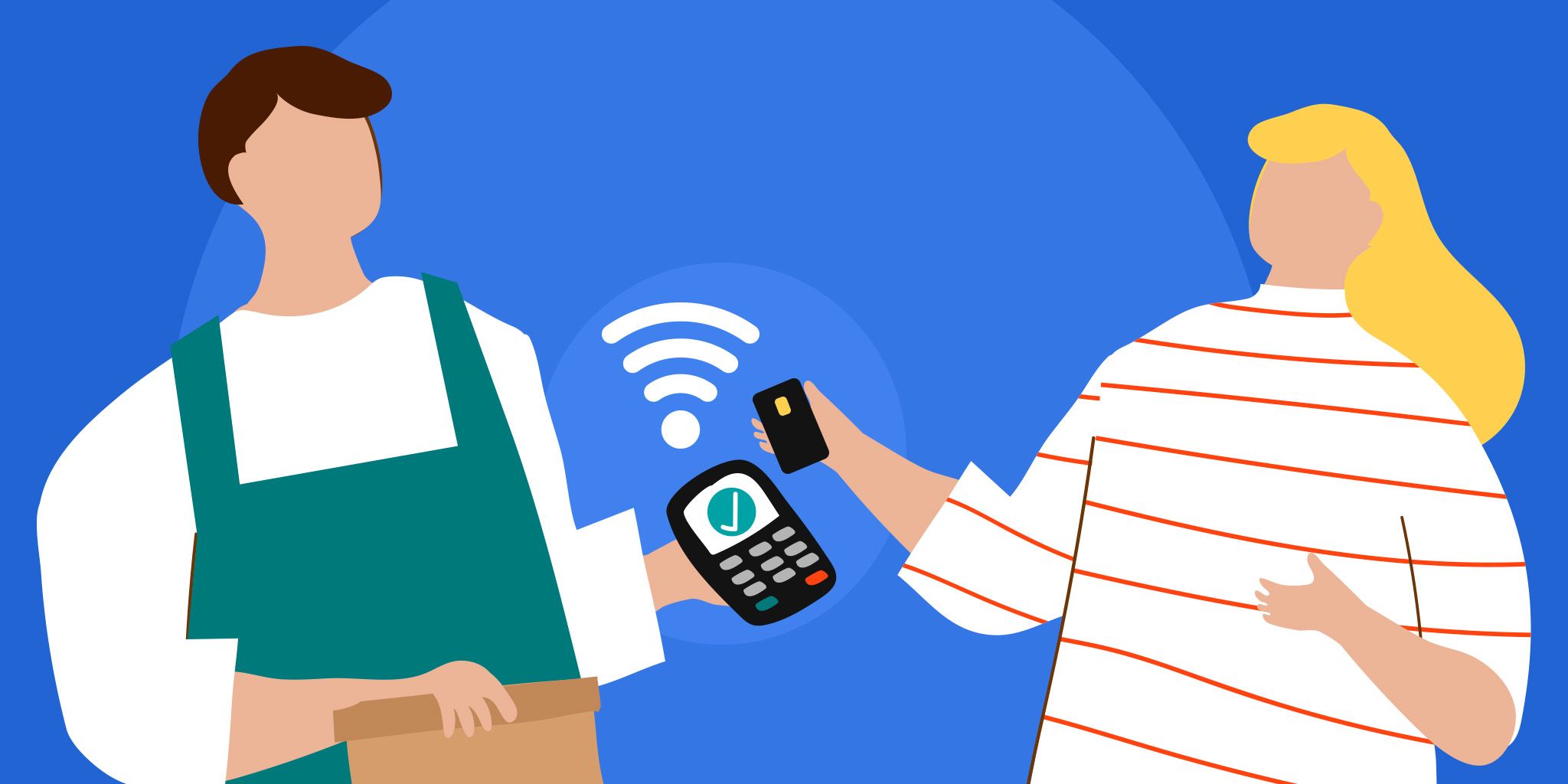How the Internet of Things (IoT) Can Help Your Ecommerce Business
How the Internet of Things (IoT) Can Help Your Ecommerce Business
- Last Updated: December 2, 2024
Kosha Shah
- Last Updated: December 2, 2024



The lives of customers are constantly evolving as the Internet of Things (IoT) gadgets become more commonplace. Similarly, as the number of people using the internet and IoT grows, so does eCommerce, which is projected to be the future of retail, since the majority of the growth occurs online.
'Retail and eCommerce businesses alike may benefit from staying on top of digital marketing trends in order to remain profitable and competitive.' - Kosha Shah
As a way to better serve customers all across the globe, retailers are getting ready to use the Internet of Things. Retail and eCommerce businesses alike may benefit from staying on top of digital marketing trends in order to remain profitable and competitive. According to BusinessWire, the global internet of things in retail market size is expected to reach USD 182.04 billion by 2028. These statistics show how well this technology is changing the eCommerce sector.
But how would IoT in eCommerce business benefit in the long run? What changes are currently taking place or being implemented, and how does this impact eCommerce? Have companies that sell goods and services online successfully reached out to prospective customers?
Benefits From IoT for Your Ecommerce Business
Let's take a look at some of the most promising ways that the adoption of IoT in eCommerce might benefit online retail.
1. Improved Logistics and Tracking
Using IoT, merchants have more insight into the order fulfillment process so they can better satisfy the needs of customers who purchase more online. For online companies, IoT technology provides the ability to follow customers' orders from the time they are placed until they arrive at their doorsteps.
As a result of management systems, retailers can now trace every item of inventory, no matter where they are. Data such as traffic conditions, weather, location, and employees' identities may all be accessed using cloud-based technologies like GPS and RFID (Radio-Frequency Identification).
2. Automating Shipping and Delivery (Plus: Optimizing Truck Routes)
As an eCommerce company, you want to be able to keep an eye on the inventory in your warehouses and know what is in and out of stock. For merchants, inventory management can be made simpler by integrating IoT sensors and RFID tags into their systems, eliminating the need to physically engage store managers to check their inventory.
There are several ways in which IoT app development companies may improve eCommerce, but one of the most important is that they can provide real-time, relevant data to ERP systems. When using this method, stocktaking and ordering/reordering of products are also less likely to be affected by human mistakes.
It is also possible for eCommerce stores to assess appropriate temperatures for perishable products and get quick warnings when they are required using smart shelves with temperature monitoring sensors.
3. Improvement in Consumer-Manufacturer Interactions
As a result of the linked appliances, the durable goods makers and their consumers enjoy a long-term connection. Manufacturers of printers, for example, may provide cartridge replacements directly from the printers. Customers will then remember the brand even after they stop using the goods.
Retailers may also benefit from IoT by building new business models, such as predictive maintenance, remote monitoring, and performance analytics for individual items, which can provide new income streams.
4. Information and Activities Tailored To Each Individual
IoT combines personal data with that of companies to provide customers with better-tailored service. Retailers that harness customers' social connections to give more tailored information and activities and data integration for households and individual members can better serve customers.
The driver of a linked automobile, for example, will get offers that are specifically suited to them. Smart fridges allow families to obtain experiences suited to their own interests, as well. Customers' purchasing choices may be influenced throughout the customer journey when IoT app developers have better access to data and insights into consumer behavior.
5. Internet of Things-Focused Ecommerce Sites
Retailers are under increasing pressure to make the online buying experience as simple as possible as the trend grows. When it comes to IoT, businesses must find out how to harness data from various sources and IoT devices, responding to more than just smartphones and iPads. Customers will have a better online shopping experience if merchants design mobile-friendly websites that make use of IoT solutions.
6. Automated Shopping Procedures Are Included
Like Amazon Go, automated checkouts are becoming a possibility thanks to IoT. A customer walks in and buys something, and the amount is automatically charged to the consumer's smartphone as they exit the store.
Predictive systems will also be able to anticipate when clients will be ready to shop to prepare their shopping lists and have the items available for them to pick up when they arrive. They have to pick up from the drive-through after they have sent the specifics of the things they wish to buy to vending machines.
7. Maximized Income Potential
Business models and solutions are being reimagined thanks to IoT, making it possible to create new ones. Companies can shorten time to market, improve returns on investment, and create compelling use cases.
The application of IoT in eCommerce can revolutionize the way businesses communicate with their customers throughout the world. It has the potential to improve the consumer experience and may be the future of eCommerce, with the ability to provide a service that consumers are seeking. Companies may reap a slew of advantages, including higher revenue, inventory management, tailored customer experiences, IoT-based supply chain management, and more, by integrating IoT-based solutions for retailers with their eCommerce systems.
Before Using IoT In Your Ecommerce Operation: What to Think About
Your clients will be happier and more satisfied overall if you use IoT technology in your eCommerce firm, but you must first implement specific techniques to guarantee that this happens. Among them are:
- Choosing platforms that are best suited to your requirements.
- Acquiring consumer data needed for better marketing by collaborating with other companies.
- Providing consumers with adequate security measures in order to avoid legal ramifications.
- Informing customers about how you plan to utilize their personal data.
Key Takeaways
The eCommerce sector and IoT have led to a rise in eCommerce, but it comes with its own set of obstacles. However, these 7 prospects make an effort worthwhile.
Internet-connected items are at the heart of the IoT ecosystem, and eCommerce companies must remember this. As a result, IoT-enabled eCommerce is less revolutionary and more evolutionary. In the long run, IoT applications in the eCommerce sector will considerably impact eCommerce as more gadgets become smart and connect to the internet.
The Most Comprehensive IoT Newsletter for Enterprises
Showcasing the highest-quality content, resources, news, and insights from the world of the Internet of Things. Subscribe to remain informed and up-to-date.
New Podcast Episode

Moving Past the Pilot Phase in IoT and AI
Related Articles





